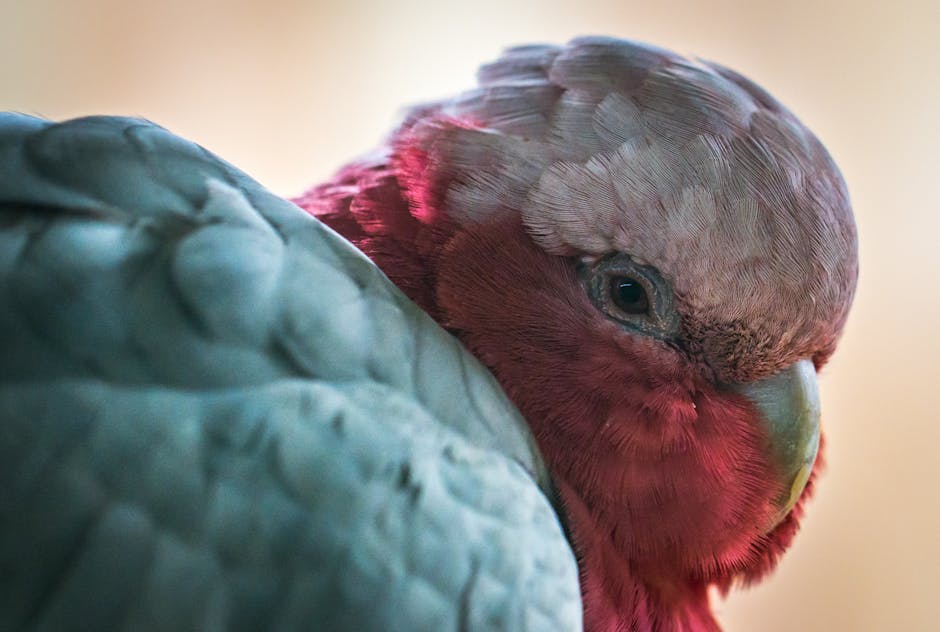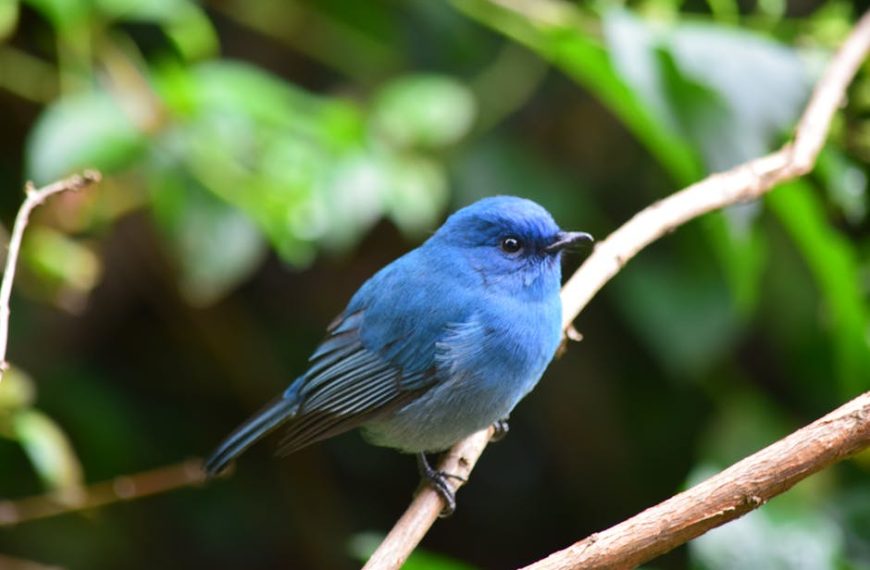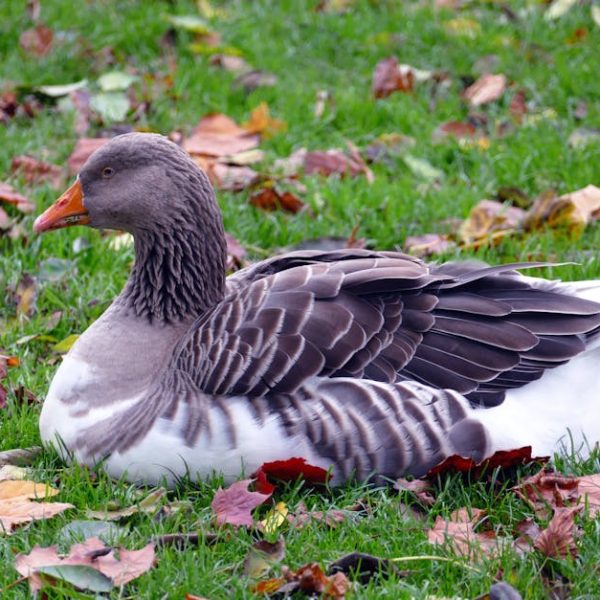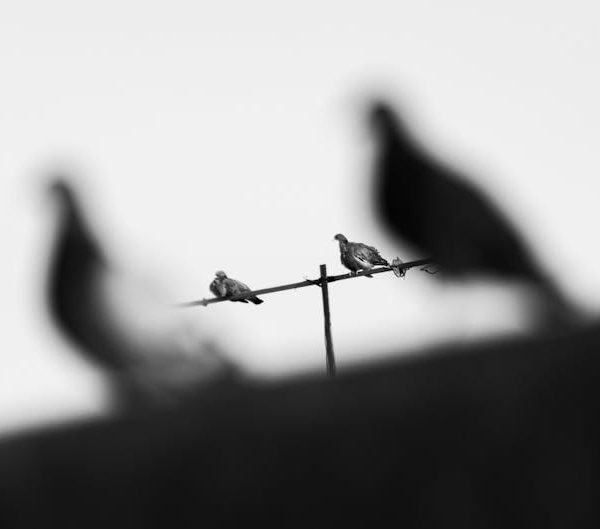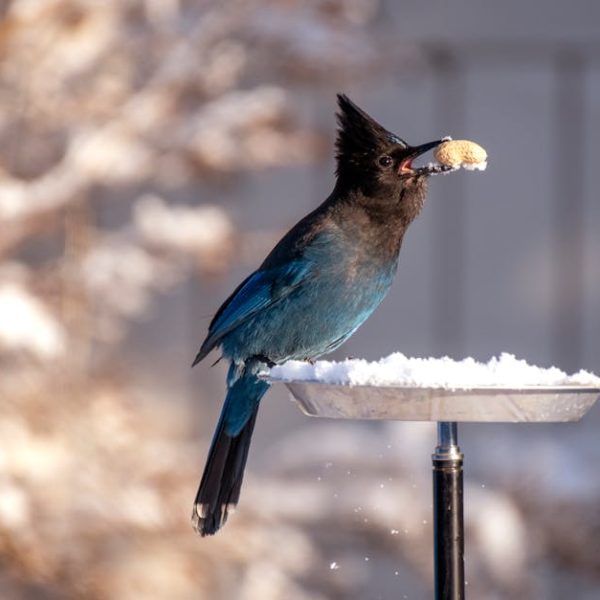African Grey birds, renowned for their stunning grey feathers and cherry-red tails, are among the world’s most intelligent birds. Originating from the dense forests of Central and West Africa, these birds boast a reputation for impressive cognitive abilities, mimicking human speech effortlessly, and showcasing noteworthy emotional intelligence.
Different species within the African Grey family include, but are not limited to, the Congo African Grey and Timneh African Grey. Each variant enjoys recognition for unique characteristics—while a Congo African Grey possesses a bright red tail, a Timneh leans towards a darker maroon.
Pro Tip: To correctly identify an African Grey Bird, pay close attention to its colouring, size, and eye colour. Congo African Greys are generally lighter in colour and larger, with noticeable maroon tails, while Timnehs are darker and smaller, with a cranberry hued tail.
Understanding the Lifespan of African Grey Birds
Life expectancy within African Grey birds significantly varies, often lasting between 40-60 years. However, with optimal care, some of these intelligent creatures have been known to reach into their 80s. Several factors relating to genetics, environmental conditions, diet, and care can significantly impact their longevity.
Pro Tip: To determine an African Grey’s age, watch for signs of full adult plumage, colour changes in eyes, and the general health and behaviour of the bird. Consult with a licensed Avian Vet for precise aging.
Optimal Living Conditions for African Grey Birds
Creating an ideal living environment for African Grey birds is crucial in promoting a long and healthy life. A balanced diet rich in fruits, vegetables, seeds, and a moderate amount of nuts supports nutrition. Additionally, it is imperative to provide spacious cages for their comfort and regular exercise to maintain their optimal physical health. Socialization plays a vital role in their emotional well-being since these birds are known for their bonding habits and cognitive capabilities.
Drawing a comparison between their lifespan in the wild versus in captivity, African Grey birds tend to live longer when cared for at home due to controlled diets, regular checkups, and protection from predators. However, stringent regulations must be maintained to ensure their emotional well-being is catered for.
✅ Checklist for maintaining a suitable environment for African Grey Birds: A balanced diet, Regular exercise, Spacious cages, Consistent socialization, Regular vet check-ups.
Common Health Issues Impacting Lifecapsan of African Grey Birds
Understanding the potential health problems can significantly contribute to the lifespan of African Grey birds. Conditions such as feather picking and Psittacine Beak and Feather Disease (PBFD), along with respiratory and dietary issues, are relatively common. These can surprisingly reduce the bird’s lifespan if not promptly addressed.
The best way to safeguard the bird’s health is to recognize early symptoms of distress or disease. This can range from subtle behavioral changes to more obvious clinical signs like feather-plucking or changes in stool consistency.
One of the pros of active preventative health measures such as immunizations and regular check-ups includes early detection and treatment of diseases. This further eases potential discomfort and alleviates life-threatening health risks. On the downside, preventative health measures can incur costs and stress to the bird associated with regular vet visits.
Tips on Prolonging the Lifespan of African Grey Birds
The lifespan of an African Grey bird can be significantly extended by taking additional care of their well-being, both physically and emotionally. It goes beyond just providing them with a balanced diet. Mental stimulation which includes interactions, brain-challenging activities and ample socialization is crucial in maintaining their overall happiness and health.
Best Practices for enhancing bird’s living conditions:
- Regularly refresh their play toys and accessories.
- Keep a balance of social interaction and quiet time.
- Ensure their diets are nutrient-rich and varied.
- Schedule regular vet check-ups.
✅ Essential checklist for enhancing bird’s overall health:
- Provide a spacious and enriched environment.
- Offer ample exercise opportunities.
- Manage weight and encourage healthy eating habits.
- Supervise their mental health.
Pro Tip: Aside from evident health issues, many African Grey Birds suffer silently with behavioral problems. An unhappy or bored bird might revert to harmful habits like self-plucking. Pay attention to their daily interactions, bodily behaviours, and ensure they get enough mental stimulation to prevent such issues.
Key Takeaway:
- African Grey Birds, highly intelligent creatures native to Central and West Africa, have lifespans in the range of 40-60 years. With proper care, they can even reach into their 80s.
- The bird’s lifespan heavily depends on its genetics, environmental conditions, diet, and care.
- An African Grey Bird’s longevity benefits from proper living conditions that encompass balanced dietary care, sufficient spacious cages, regular exercise, consistent socialization, and regular vet checkups.
- Their lifespan can be further extended through proactive management of their physical and emotional well-being, prioritizing factors like mental stimulation and interaction.
- Awareness of potential health problems impacting these birds, combined with active preventative measures and regular check-up, can alleviate life-threatening health risks and contribute to their extended lifespan.
It’s clear that owning an African Grey bird comes with significant responsibility, as their health and longevity rely heavily on appropriate care and attention. However, the reward of sharing your space with such intelligent, emotionally in-tune creatures can be an immensely fulfilling experience. Take these insights to heart, putting in the necessary time and effort to ensure your feathered companion thrives, and you’ll likely enjoy their company for many years to come.
FAQs
Q: What are the visible signs of distress in an African Grey bird?
A: Subtle behavioral changes, feather-plucking, or changes in stool consistency may indicate distress or sickness in an African Grey bird.
Q: Can African Grey birds die of loneliness or boredom?
A: Yes, lacking social interactions and mental stimulation can contribute to an African Grey bird’s mental distress, which may ultimately impact their health and lifespan.
Q: What fruits and vegetables are recommended in an African Grey bird’s balanced diet?
A: African Grey birds can eat a variety of fruits and vegetables, including apples, bananas, peas, carrots, and leafy greens. However, always research or consult with a vet before introducing a new food to ensure it’s safe for consumption.
Q: How frequently should African Grey birds be taken for veterinary check-ups?
A: Regular check-ups are crucial for maintaining your bird’s health. As a general rule, schedule yearly vet visits unless you notice any signs of illness; in which case, notify your vet immediately.
Q: Are there any specific signs to determine an African Grey bird’s age?
A: Signs like full adult plumage, colour changes in eyes, and general health and behaviour can hint at the age of an African Grey bird. However, for precise aging, consult with a licensed Avian Vet.
We encourage you to share this article and explore more posts on our website to further your knowledge about these extraordinary creatures.
